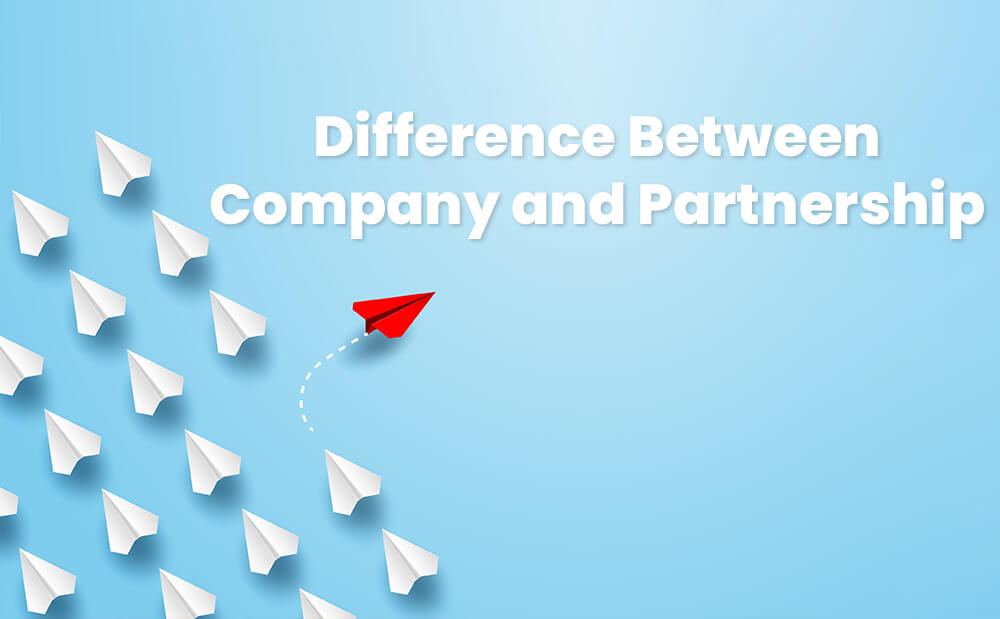Differences Between Buying Offices and Independent Agents in Bangladesh
In Bangladesh’s fast-growing export and sourcing landscape, international companies frequently rely on third parties to bridge gaps in language, logistics, compliance, and supplier relationships. Two of the most common intermediaries used are buying offices and independent agents. Though often confused, these two models differ significantly in structure, services, cost, and strategic impact.
Whether you’re sourcing garments, leather, handicrafts, or electronics from Bangladesh, understanding the differences between buying offices and independent agents is crucial to optimizing cost-efficiency, quality control, and long-term supplier partnerships.
1. What Is a Buying Office?
A buying office is a locally registered, often foreign-owned or joint-venture entity set up to represent the interests of a specific brand, importer, or multinational corporation. It functions as a permanent, on-the-ground sourcing department.
Key features:
-
Typically operates as a subsidiary or affiliate of the foreign company.
-
Staffed with salaried employees (merchandisers, QC staff, sourcing managers).
-
Involves high setup and operational costs.
-
Has legal responsibilities under Bangladeshi corporate law.
Examples in Bangladesh: Major global retailers like H&M, Walmart, and Zara operate buying offices to streamline procurement, compliance, and quality control.
2. What Is an Independent Agent?
An independent agent is a third-party individual or firm who works on behalf of the buyer to negotiate, inspect, coordinate, and oversee transactions between suppliers and importers.
Key features:
-
Works on commission or a fixed-fee basis.
-
Flexible and requires no setup costs.
-
Can work with multiple clients and industries.
-
May operate with or without a physical office.
Independent agents are popular among SMEs and first-time importers looking for cost-effective sourcing assistance in Bangladesh.
🔗 Related: Why Third-Party Agents Are Key to Scaling in Bangladesh
3. Cost Structure Comparison
One of the major differences between buying offices and independent agents is the cost model.
| Feature | Buying Office | Independent Agent |
|---|---|---|
| Setup cost | High | None |
| Monthly overhead | High (salaries, office rent, admin) | Low to medium (per-project or commission) |
| Flexibility | Low | High |
| Long-term ROI | High (for large-volume operations) | High (for startups, trial runs, or seasonal sourcing) |
If your volume is large and recurring, investing in a buying office may yield better control and branding alignment. For others, independent agents offer lower risk and faster onboarding.
4. Control and Accountability
Buying offices provide end-to-end control over supplier relationships, product development, compliance audits, and factory visits. As employees, office staff are bound by corporate policy, performance KPIs, and legal contracts.
In contrast, independent agents operate as external service providers. While many are reliable, your oversight depends heavily on selecting a trustworthy partner.
🔗 See: Key Metrics to Measure Agent Performance in Bangladesh
5. Scope of Services
| Function | Buying Office | Independent Agent |
|---|---|---|
| Supplier sourcing | ✅ | ✅ |
| Price negotiation | ✅ | ✅ |
| Sample follow-up | ✅ | ✅ |
| Quality control | ✅ (in-house QC teams) | ✅ (via third-party or personal inspection) |
| CSR & compliance audits | ✅ | Sometimes (via partners) |
| Factory onboarding | ✅ | ✅ |
| Documentation support | ✅ | ✅ |
Buying offices usually offer wider and deeper operational support across multiple departments. Agents, however, can still match many services, particularly in product-focused industries like garments or leather.
🔗 Explore: Importing Machinery into Bangladesh: A Logistics Planning Guide
6. Scalability and Flexibility
If you’re experimenting with Bangladesh as a sourcing market or only require seasonal procurement, working with an agent allows you to:
-
Start operations immediately.
-
Test different product categories.
-
Scale down without liabilities.
Buying offices are more suitable for businesses with:
-
Established supplier bases.
-
Long-term production plans.
-
In-house design and development integration.
7. Legal and Compliance Factors
Buying offices must comply with:
-
Local registration (under the Bangladesh Companies Act).
-
Tax obligations.
-
Labor laws and office leases.
-
Regular reporting and audits.
Independent agents work under commercial agreements, and any issues are usually settled via contract dispute mechanisms or trade arbitration.
🔗 Read: Legal Considerations When Contracting Agents in Bangladesh
8. Trust, Transparency, and Oversight
One of the risks with independent agents is lack of transparency—especially in pricing, supplier kickbacks, or failure to follow compliance protocols. This is why:
-
Due diligence is essential before hiring.
-
Use of performance KPIs is recommended.
-
Site visits and third-party audits should be arranged periodically.
Buying offices reduce these risks but come at a higher cost and require more management bandwidth.
9. When to Choose a Buying Office
A buying office is ideal if:
-
You have consistent monthly purchase volumes.
-
You want direct supplier relationships.
-
You need full-time product development and compliance staff.
This model suits larger retailers, fashion brands, or companies with long-term Bangladesh production goals.
10. When to Choose an Independent Agent
Choose an agent when:
-
You’re just entering the market.
-
You need product or supplier discovery.
-
You want to avoid fixed operational costs.
-
You’re sourcing small-to-medium volumes or seasonal items.
This model is perfect for SMEs, traders, and online retailers expanding their supply chain.
🔗 Related: Top Industries Where Agent Services Add Value in Bangladesh
Final Thoughts
Both buying offices and independent agents play vital roles in Bangladesh’s sourcing ecosystem. The right choice depends on your business size, sourcing goals, and risk tolerance. While buying offices offer control and scalability for large players, independent agents provide agility, speed, and affordability—especially for new entrants and growing brands.
By aligning your strategy with the right support model, you can unlock Bangladesh’s sourcing potential while maintaining high product standards and profitability.
🔗 Learn more: How Bangladesh-Agent.com Helps Global Businesses Navigate Sourcing
